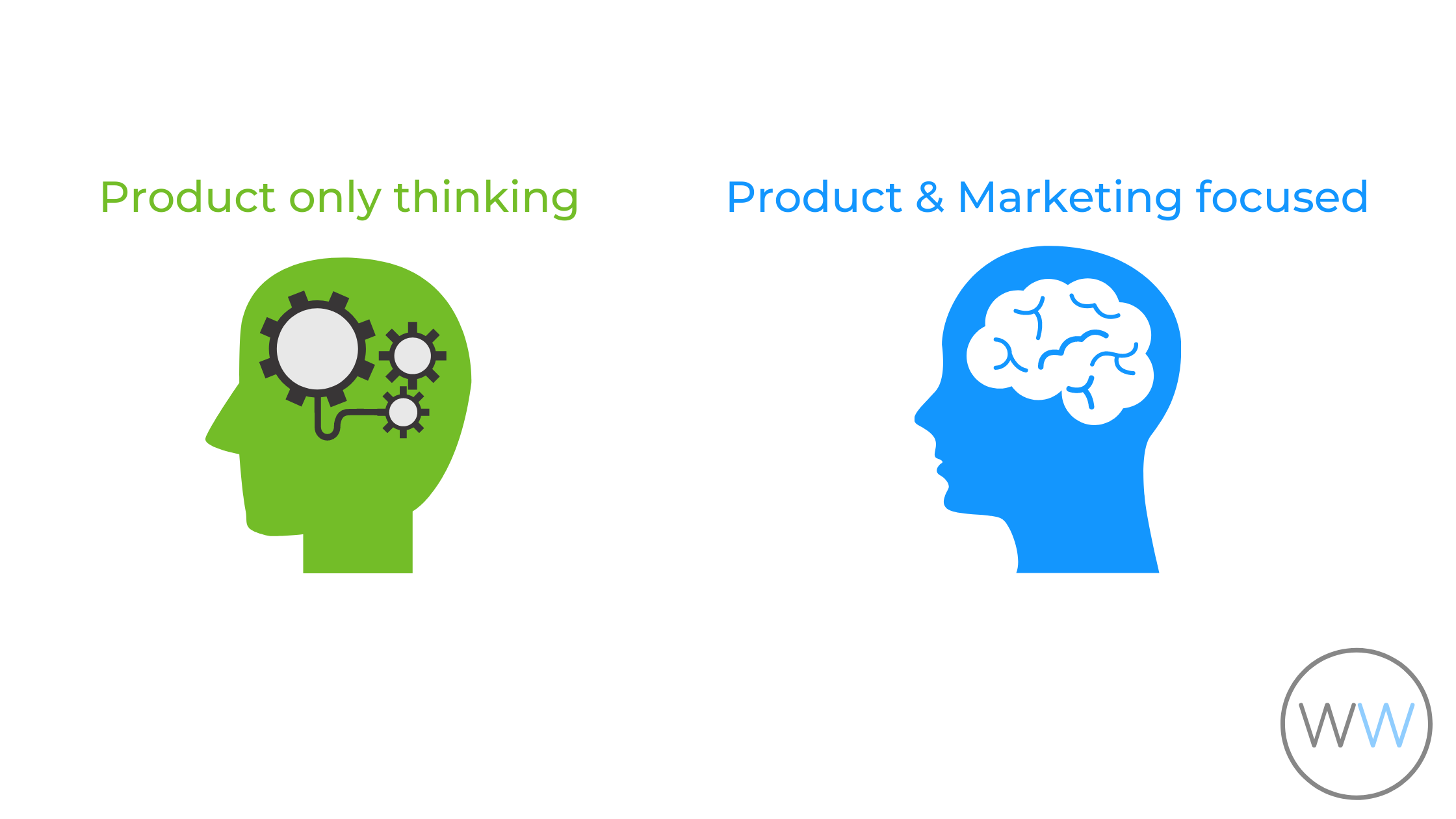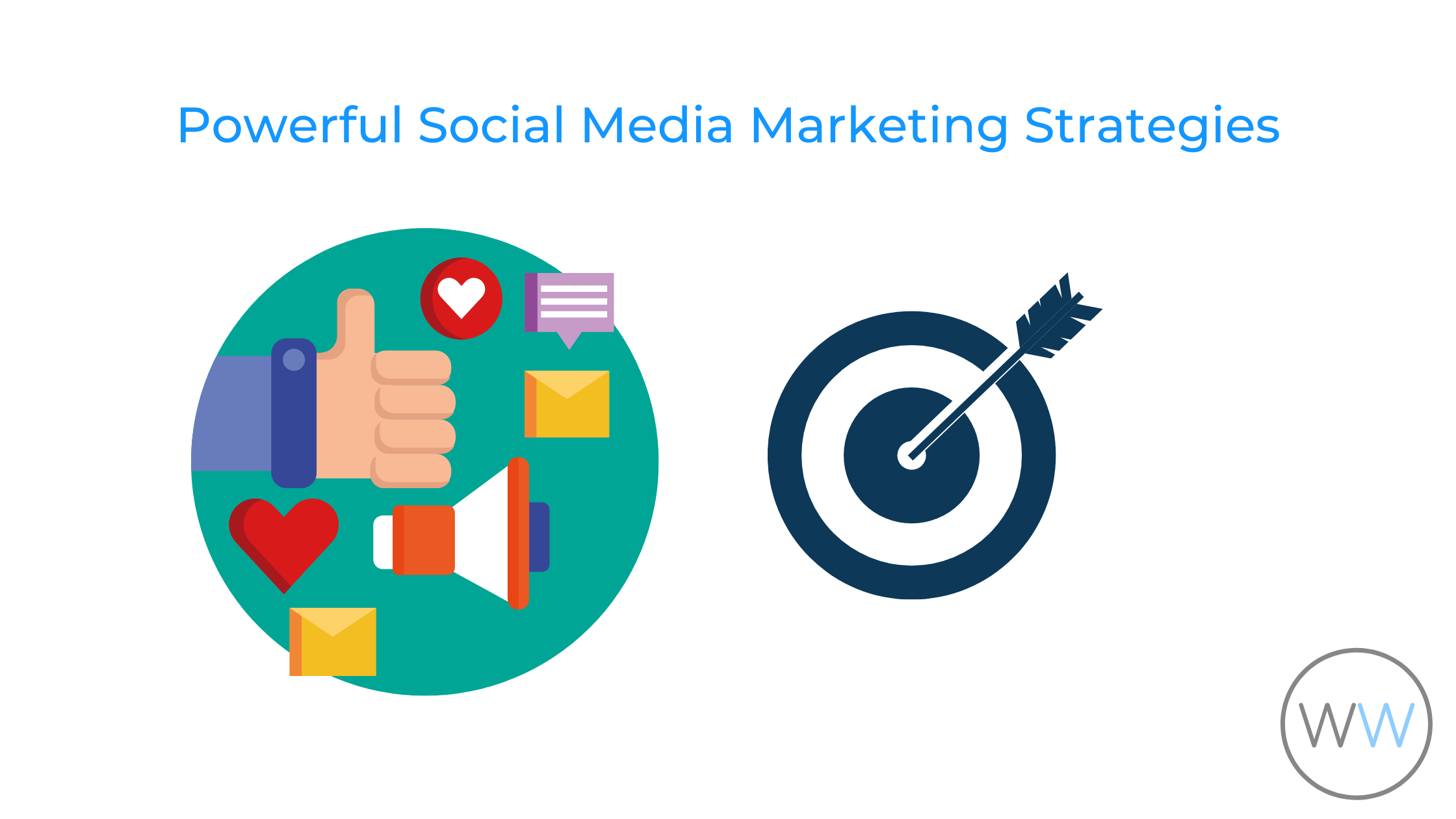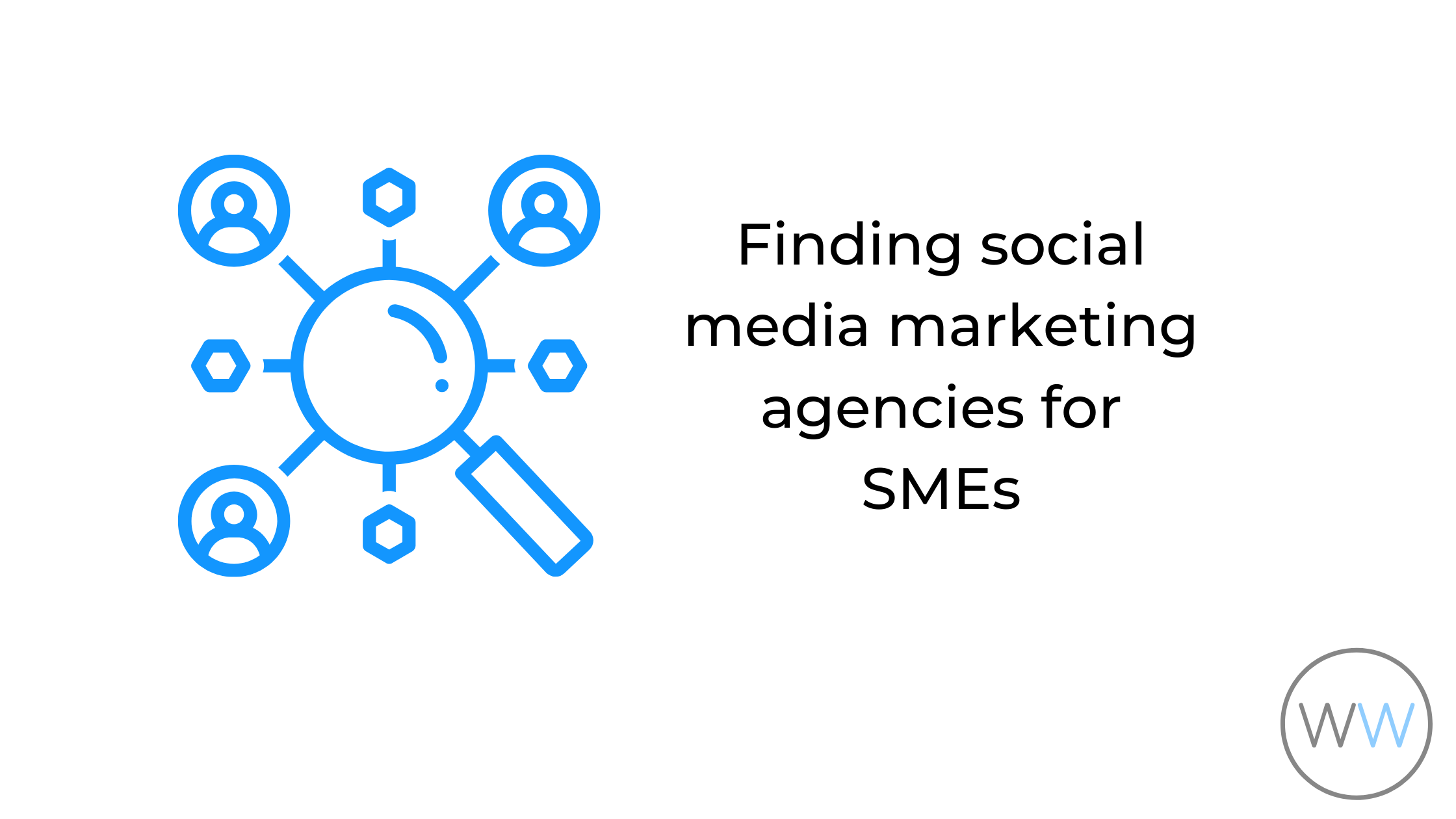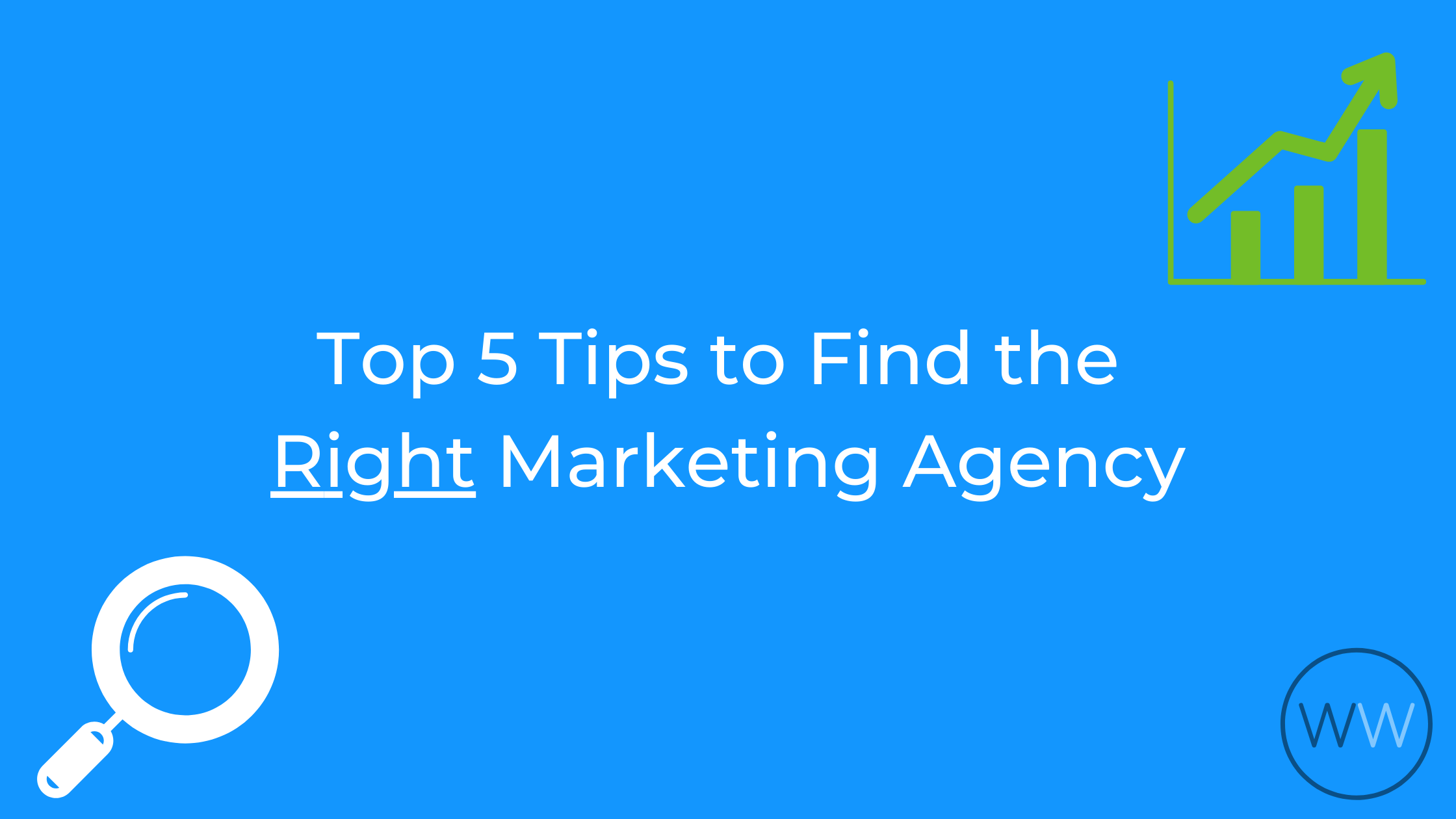Building your product and marketing it – the successful entrepreneur does both.
Not too long ago, the idea of product-led growth was all that mattered. The typical tech startup founder was a coder with a specialised skillset – building a product was the only focus and marketing it was an afterthought.
This was okay. At that time. Things have changed; organic rankings are very difficult to attain, many startups = lots of competition.
Why does this matter more for tech startup founders?
Tech entrepreneurs are more likely to have a digital product – that means the only way to reach people is online.
Marketing used to be a much easier task as organic social media posts used to have a level of reach that we just don’t see anymore.
Table of Contents
If you think you can attain virality through product alone, then just remember;
1. It takes a truly differentiated and remarkable product to attain virality.
2. virality never happens for B2B products, they’re just no fun!
3. viral marketing still requires you to understand a field of marketing (copywriting) well enough to tell a story to sell the solution.
There are a few organic channels that remain that are sustainable for marketing growth and even then, you must already have a following / some personal brand development to reach your target audience.
The good old pivot…
The startup life can make you quite impatient. You write posts, you run ads, you split test those and see the results. Sometimes you get a bite, sometimes nothing.
Founders often confuse time taken with how well a test went. An A/B test that runs for 8 weeks with broad targeting parameters that results in single-digit conversions means nothing. It doesn’t mean you should decide to pivot to a different product because you think it didn’t work.
The other suggestion is that your testing method or parameters may be wrong.
Unless you can definitively say that you’ve tried everything to reach your target audience and the market adoption is not there, you must continue to prove your model/thesis.
That’s just that. There’s nothing special to it.
I get it though. “Build fast and break things”. Speed is definitely key but it doesn’t make sense to build for the sake of it. Building your product and marketing it are no easy feat and it’s easy to forget how important the marketing part is.
Founders must learn to keep their emotions at bay, utilising data as the primary source and instinct as the second.
Being data-driven also makes your marketing efforts easier
If not, why then would marketers use terms like ROI and ROAS (return on ad spend) to land clients?
Learning the fundamentals of marketing can even help shape your product better. An ‘inflexibly reasonable’ founder needs to adjust their strategy and product along the way to ensure adoption and the best way to do this? Feedback. Solid user interviews. Market research. The market will speak to you if you just listen!
If you’re strapped for cash, that doesn’t absolve you from spending time on getting feedback.
There are many tools to get there;
B2B product? Use LinkedIn to reach your audience.
Need to get impartial feedback? Use Shapr or Lunchclub to network.
Need to get a survey out? Use Google Forms. (I’d recommend a framework for your questions to ensure you get the most objective data).
The point is this, find where your target audience lives and reach them through those channels.
Clarity is King
“Omit the needless”. Say what you need to in the simplest manner. I’ve found this to work well in increasing conversions with our advertising. If you get stuck, just think, ‘What can I remove from this sentence while keeping the meaning intact?’. Or as Bruce Lee once said, “Hack away at the unessential”. You can read more on using clarity as a marketing tactic here.
If you’re a tech founder but you’re a sales/marketing person like me, you’ll know how hard it is to find a technical co-founder who’s a full-stack developer. Also, a single person can only build so fast. Marketing your business while bootstrapping gets more difficult as time goes by but it can be done.
As a startups timing accounts for 42% of the difference between success and failure, it makes sense to ship product out early while you focus on paid ads, SEO, direct sales, or whatever method you’ve chosen.
Need to build a product without losing time/money? Use MassLight. If you can save most of your runway and invest it into marketing instead, wouldn’t that give you a whopping headstart?
If you’re already post-product and strapped for time, why not get matched to a professional agency that knows your space? You can find one here. If you’re okay with marketing but still want to boost your sales game, read our post here about the top tools for B2B marketing.






